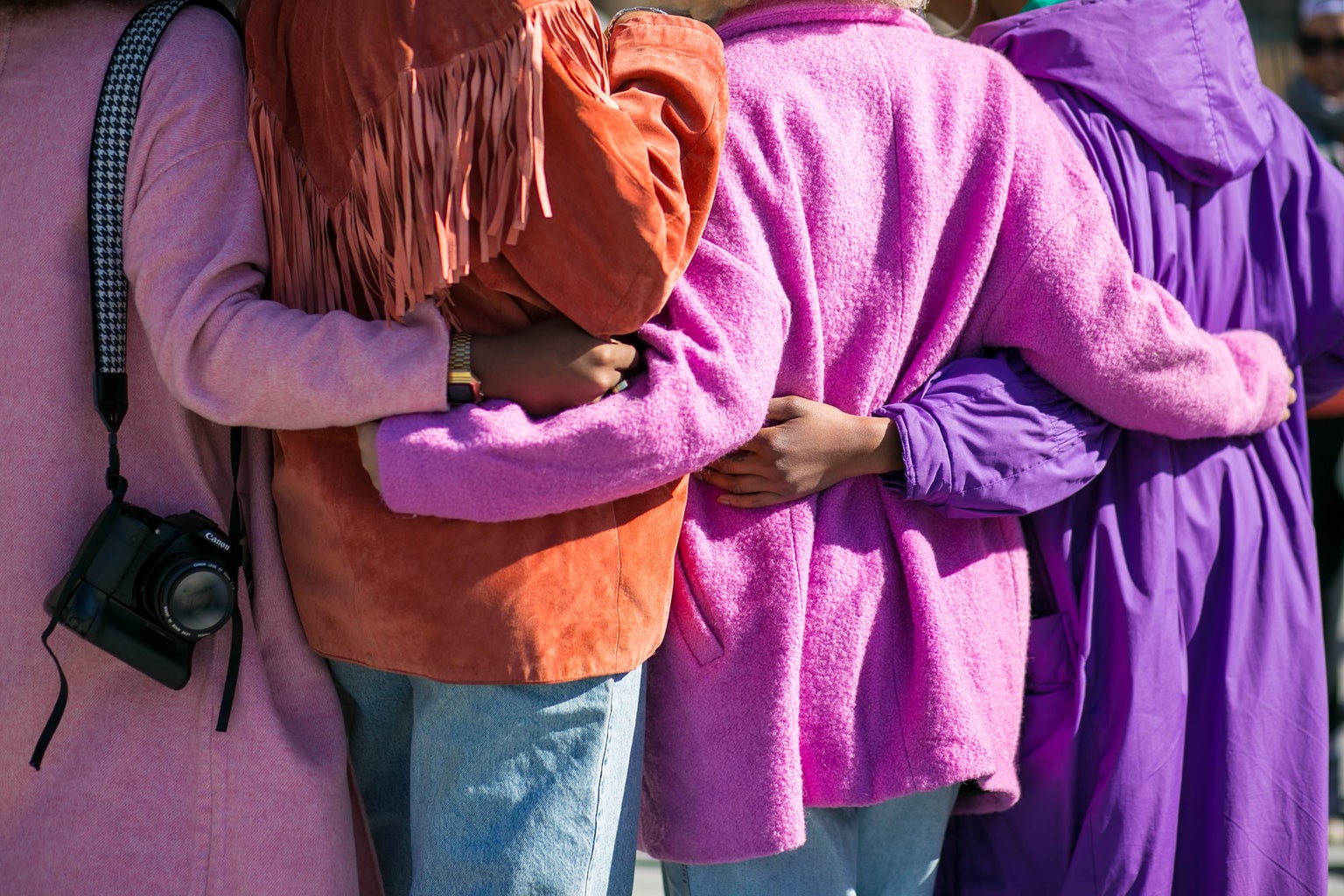I’m the middle child with an older sister and a younger sister. The age difference between my older sister and me is two years, and the gap between my younger sister and me is three years. Some people have asked me how I feel about growing up as the middle child and some of my friends have even said that if they were a middle child, they wouldn’t like it; they were probably thinking about the Middle Child Syndrome.
Middle Child Syndrome is the belief that middle children are excluded, ignored, or just simply neglected because of their birth order. As a result, this influences certain characteristics that are common among middle children. First, middle children have personalities that seem to be overshadowed by their other siblings. The older siblings tend to be more strong-willed and the younger siblings are the babies of the family, leaving the middle child somewhere in between with a more quiet and even-tempered personality. As a middle child myself, I think this is pretty accurate. Growing up, I was more reserved, and would say that I am still quite reserved despite coming out of my shell as I grew older. I usually speak only when spoken to unless I have information that I actively want to share. But, one main difference: I haven’t felt neglected at all.
For relationships, middle children may have trouble feeling equal to their siblings in parental relationships. Some middle children feel that they don’t receive enough attention. I never really found this to be true. I usually get attention when I seek it but I also don’t necessarily like to be in my parents’ spotlight all the time. In fact, I like the fact that sometimes less attention means I can be more independent.
Rivalry is another common characteristic among middle children and their siblings. Sometimes, the middle child feels the need to compete with both the younger and older siblings for attention. In my experience, this is partially true but not due to a lack of parental attention. Instead, I feel more competitive with my siblings in academics. Especially with my older sister, I felt the need to achieve more academically than she did. I wanted a higher GPA and to do better on standardized tests than she did. But looking back, I realize that we are different people with different interests so competing with her for mostly my own self-validation was just adding more pressure on myself.
While some middle children dislike being a middle child more than others, I think being a middle child suits me well. I like that I’m a bit more reserved and independent as it has also made me more disciplined. Luckily, I haven’t really felt that I was neglected or given less parental attention than my other siblings. Sure, the rivalry is there but I think this is common among all siblings even if you just have one brother or sister. The rivalry is also a part of what makes siblings…well, siblings. Ultimately, being a middle child isn’t all bad; I honestly really love having an older sister and a younger sister—it’s the best of both worlds.




